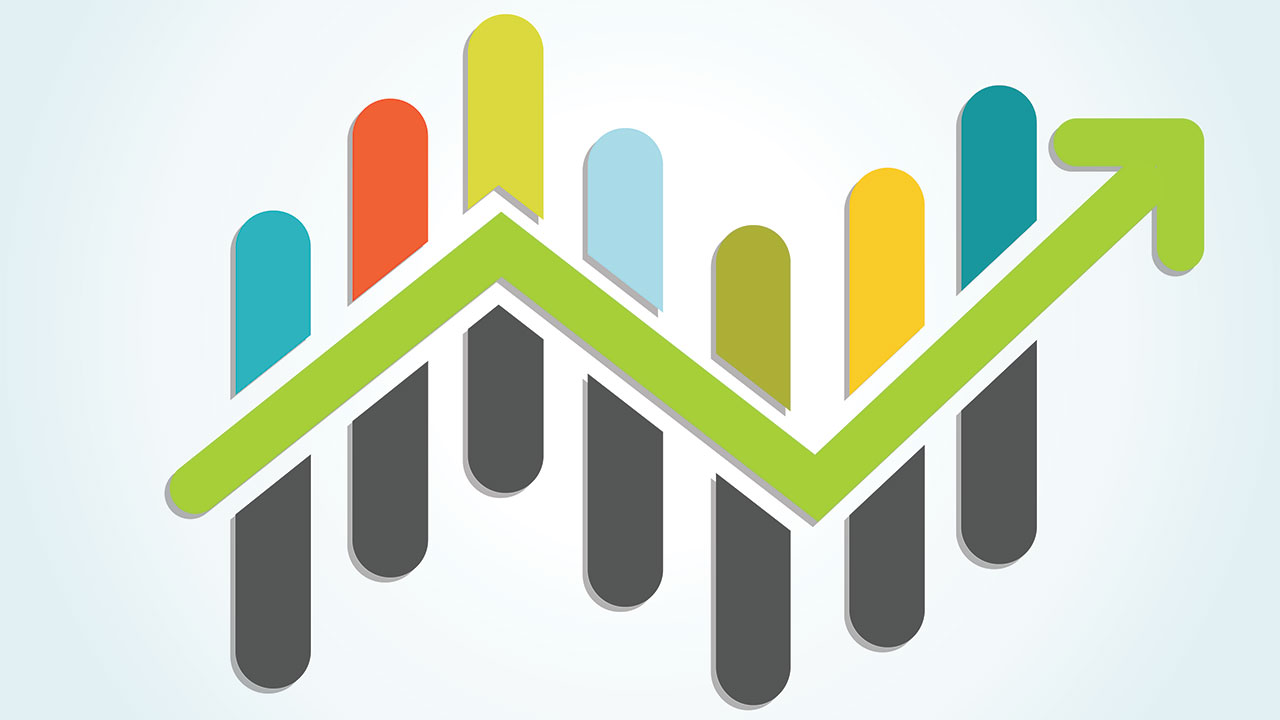Home is where the heart is.
But it’s also where the money is.
Your home is more than just a place to lay your head at night and raise a family. It also comes with a number of financial perks, even though you may have had to take out a loan in order to buy it.
1. Build Wealth Over the Long Term

Real estate has long been the traditional way for Americans to build wealth over time, and to develop a nice little nest egg once the retirement years approach. Every generation before us understood the importance of homeownership to building wealth, and so should we.
Scholars from the renowned Harvard University tout the true value of homeownership when it comes to building wealth. According to the educational institution’s Joint Center for Housing Studies report, “as a means to building wealth, there is no practical substitute for homeownership.”
Historically, housing tends to appreciate over time, even through the volatile highs and lows in the housing market. When thinking long-term, real estate prices increase faster than inflation over time.
2. Grow Equity With Each Mortgage Payment

Every time you make a mortgage payment, a part of that chunk of money goes towards the equity in your home. Equity is basically how much money your home could sell for in your current market, less the amount of money that’s still owed on it. With each passing month and payment, you own more – and owe less – of your property.
And with risky mortgages off the table – including interest-only loans – you’re much less vulnerable to winding up in negative equity. Given the fact that we’ve been immersed in a historically low-interest rate environment for a few years now, odds are you were lucky enough to lock in at a really low mortgage rate.
That means less money is thrown out the window on interest payments, leaving more cash leftover to put towards the principal. And every month, the principal component increases, and the interest portion decreases little by little, building your equity along the way.
3. Hedge Against Inflation
US consumer price inflation has been increasing at a rapid rate recently. In fact, it increased in January by 0.3, the most in over four years after a 0.2 percent increase in December.
Yet despite these increases, housing costs typically rise either at or higher than inflation rates over most time periods, which makes homeownership an enticing option.
Think about it this way: if you’ve got a fixed-rate mortgage on your home, the price you’re paying to own a home won’t change, regardless of what inflation and the overall economy does. Whatever the term of your loan is, the cost of your property is locked in.
And the fact that a rise in inflation causes rent prices to increase following a spike in prices for goods and services, homeownership is even that much more affordable.
4. Take Advantage of Tax Deductions

Unlike renting, there are a bunch of extra costs that you’ll need to cover when you own a property. But you can deduct many of these pesky fees from your annual taxes to slash the costs associated with them.
Property taxes: Paying property taxes is a bummer, but they’re part and parcel to owning real estate. However, you’re allowed to deduct any local or state taxes that are charged for your property.
Mortgage interest: The interest portion of your mortgage payments can also be deducted from your taxes, up to a maximum total of $1 million of debt. This can translate into massive savings, considering how much the interest portion can be on mortgage payments.
Private Mortgage Insurance (PMI): If you pay PMI fees after putting less than 20% of the value of your home as a down payment, you can deduct some of these premiums, as long as your adjusted gross annual income is less than $109,000, or $54,000 if you file your taxes separately from your spouse.
Home equity loan interest: You can deduct the interest paid on a home equity loan if you have one. That means you can consolidate high-interest debt like credit cards to your home equity loan and pay a lower interest rate, while reaping the rewards of a tax deduction on the interest.
Certain closing costs: In the first year after purchasing your home, you’re eligible to claim the origination fees on your mortgage, regardless of whether you or the seller flips the bill for them. The savings in this case can be enormous when origination fees are at least one percent.
5. Avoid Capital Gains Come Sale Time
Real estate investors who flip properties are subject to capital gain taxes when they sell for a profit. But if your home is considered your primary residence that you’ve lived in for at least two years before you put it up for sale, you will qualify for capital gains exclusions.
Upon the sale of your property, you can pocket profits of as much as $250,000, or $500,000 if you’re married. And if your home has significantly appreciated in value since you bought it, this could equate to a lot of savings.
Homeownership is no cheap endeavor, but it can realistically set you up for financial stability over the long haul given these financial fringe benefits.